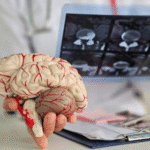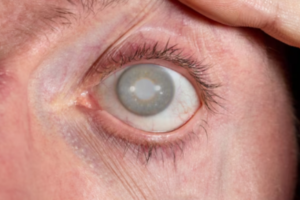The use of machine learning and artificial intelligence has steadily grown in the area of AI in healthcare call centers. It is quite common for there to be some preliminary form of virtual assistance and automation models that help keep track of innumerable data, information, and medical records. However, with the advent of generative machine learning, tech experts are certainly thinking of other, more enhanced uses. There are far more sophisticated uses that experts seem to believe are useful.
So, what use can AI have in healthcare call centers?
For most consumers, the use of this technology lies mostly in the use of virtual chatbots, answering quick questions, and online assistants. Their expectations of service are mostly related to having an assistant answer your questions, guide you through systematic procedures, perform customer verifications, and book appointments.
So, this might be one of the simpler and more familiar ways in which artificial intelligence can be implemented in healthcare call centers. In fact, this is usually the ethos used by tech industries to help people get used to automated assistance. Other implementations include:
1. Data verification and processing
Another space where experts wish to see this technology being used is in the process of customer verifications, sorting medical records, and processing of insurance, medical bills, etc. However, the accuracy and safety of this still needs some work.
2. Virtual assistance
Some healthcare experts and providers might feel that the use of artificial intelligence reduces human error in recording and storing diagnoses of patients. Could this mean faster documentation and archiving and possibly a more accurate prediction? However, since AI is still extremely prone to errors, it should be monitored by experts so that there are no major oversights that can postnatally jeopardize someone. We’re not yet sure, but the idea is there and being worked on.
3. Anomaly detection
However, by far, the most important application of AI in medical support is perhaps its use in bettering the system of accuracy in diagnosis. This is a part of medical image labeling, where you diagnose and enforce treatment plans by identifying abnormalities in X-rays and MRIs. Further, when supplementing electronic health records with annotated patient data helps healthcare professionals make informed decisions regarding treatment plans.
Wrapping Up
That brings us closer to the prospect of AI in healthcare call centers. So far, we’ve seen how machine learning has been implemented in things like data sorting, chat support, etc. However, with responsible use, we see that it can be used beyond the purpose of simply responding to emails or summarizing articles. Instead, it has some promising use in the field of medicine, especially in image annotations. However, like all AI applications, this too needs stricter laws on ethics and implementation of its true potential to be unearthed.














